The Sony NEX-S700 has gained a reputation for affordable high frame rate applications and is one of the first cameras to offer an upgrade path to 4K RAW work flow. One of the questions that we wanted to evaluate during this comparison was to explore the technical and aesthetic image performance of the camera along with their internal codec performance to help determine the right camera for a given shot. Unlike the the NEX-FS100, the NEX-FS700 has a much higher pixel count of almost three times the density on the 1: same super 35mm sensor size. Given the basic physics of photo site sensitivity and dynamic range properties, the question is where does this camera fall relative to these other cameras.
Since we are using the Canon 5D Mark III as a reference to make these comparisons it is important we point out the key differences between DSLR’s which are optimized for Canon still image capture and most digital cinema cameras which have been optimized for motion capture. One of the key differences is the use of an optical low pass filter or LPF. They were originally needed because interlaced (60i) cameras would flicker to the extent that the image was really unusable. As progressive video formats were developed, optical low pass filters were still needed to prevent moire, stair stepping and cross color on certain patterns and shimmering on some scenes. When DSLR’s added the capability to shoot motion video, the problems of not using an optical low pass filter returned, only now with some new complications. Because the pixel count of most still cameras far exceeds the requirement of full HD resolution, a way to reduce the resolution needed to be implemented. One of the most common ways is line skipping and this only added to the problems mentioned above. Some of the newer DSLR’s now implement some form of an electronic low pass filter and although this helps to some degree it also has its own drawbacks in terms of image sharpness and overall resolution. This comparison of the 5D Mark III and the NEX-FS700 is a perfect opportunity to see the differences in sensor and processing design as the codecs are both 4:2:0 so the color sharpness, saturation, and image detail differences will not be because of the color sampling.
You will also notice if you go back and look closely at the 4.5 times magnification of the test chart in the color detail area (horizontal and vertical color stripes on the top right) and then compare that to what you see in the actual scene (4.4X closue up of bottle and brushes) on the rainbow of colors on the bottle, you will see the relationship between the test chart images and the result on an actual scene. Likewise you can compare the black and white resolution sections of the chart to the detail and sharpness of the bristles on the brush, the sharpness of the lettering on the bottle and the detail of the bar code on the little brush. This year we specifically wanted to relate the test chart images to the actual scene and what the test charts tell us we can expect in the performance of a given camera. We have also learned that regardless of test charts and specifications the real test is what the cameras does on an actual scene and if the results are what the cinematographer and director intended the camera to do.
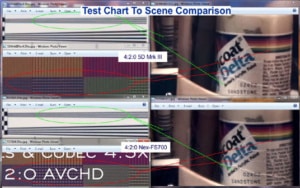
There are some who may say that these highly compressed web images are not useful in comparing camera image capture capability. Although it is far easier to view and compare these images in their native files on a professional monitor where the differences is very apparent, it is also helpful to see how they hold up under heavy compression. One of the key image quality differences we have seen in these comparisons is how well the higher color sampling codecs compress in terms of color sharpness, overall saturation and color detail. You can readily see this if you go back and compare the 4.5X bottle colors on the 1DC (4:2:2) to any of the 4:2:0 cameras we have posted so far. The interesting thing to us is how well they (the 4:2:2 codecs) held up even though the images you are viewing are all reduced to 4:2:0 for web delivery. The differences are even apparent when looking at the 4:2:0 images without magnification but at full HD resolution on a low cost typical computer monitor. Since most people will be viewing these images on a much lower resolution display or even a mobile device the 4.5 X magnification is really more accurate to what you would see with out magnification on a professional full HD display.
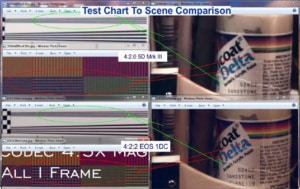
In Part Four we will be comparing Canon’s 5D Mark III to the EOS C300 cinema series cameras- coming soon.

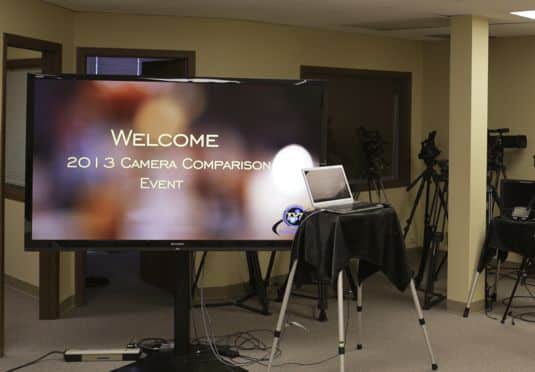

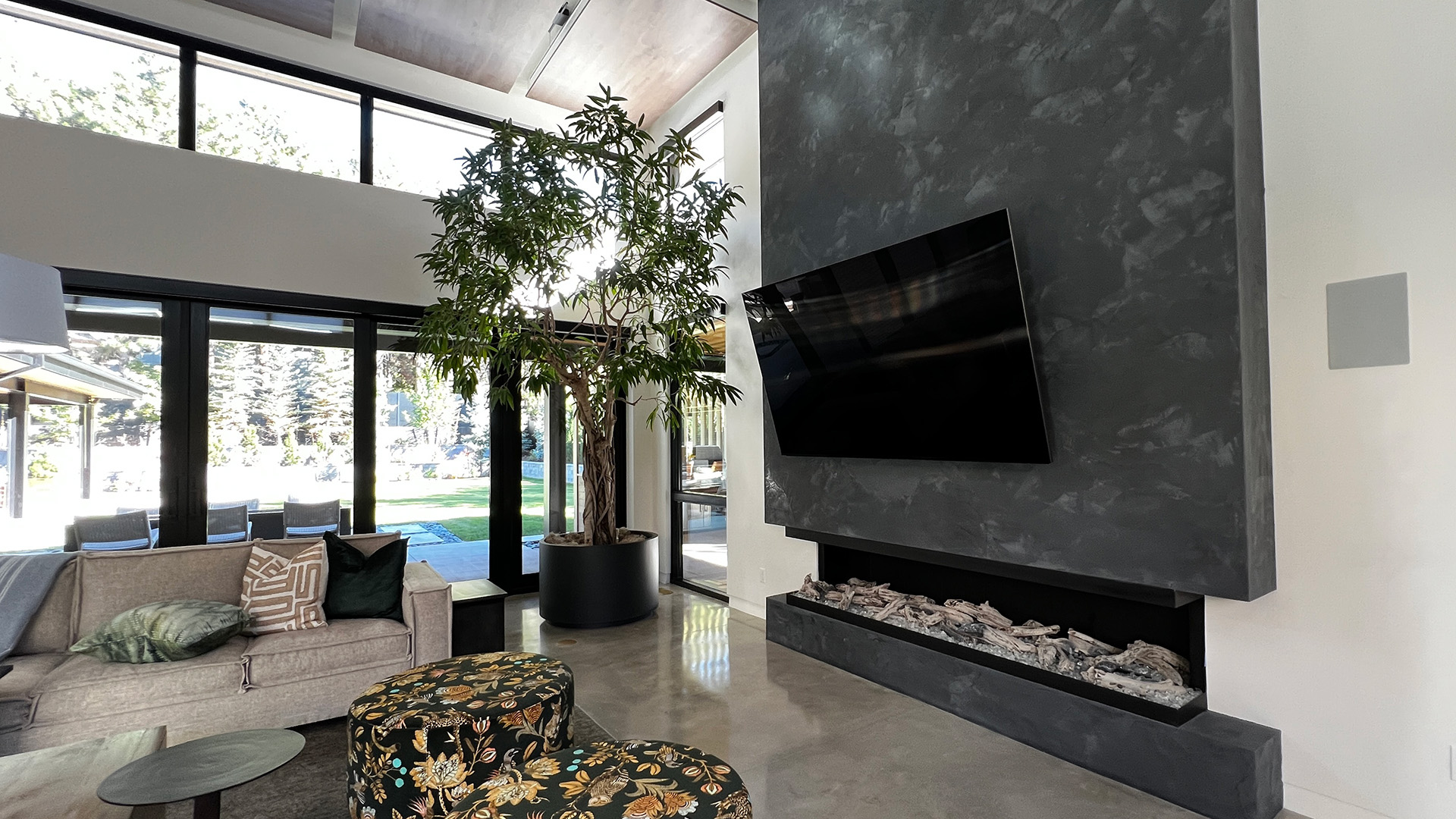
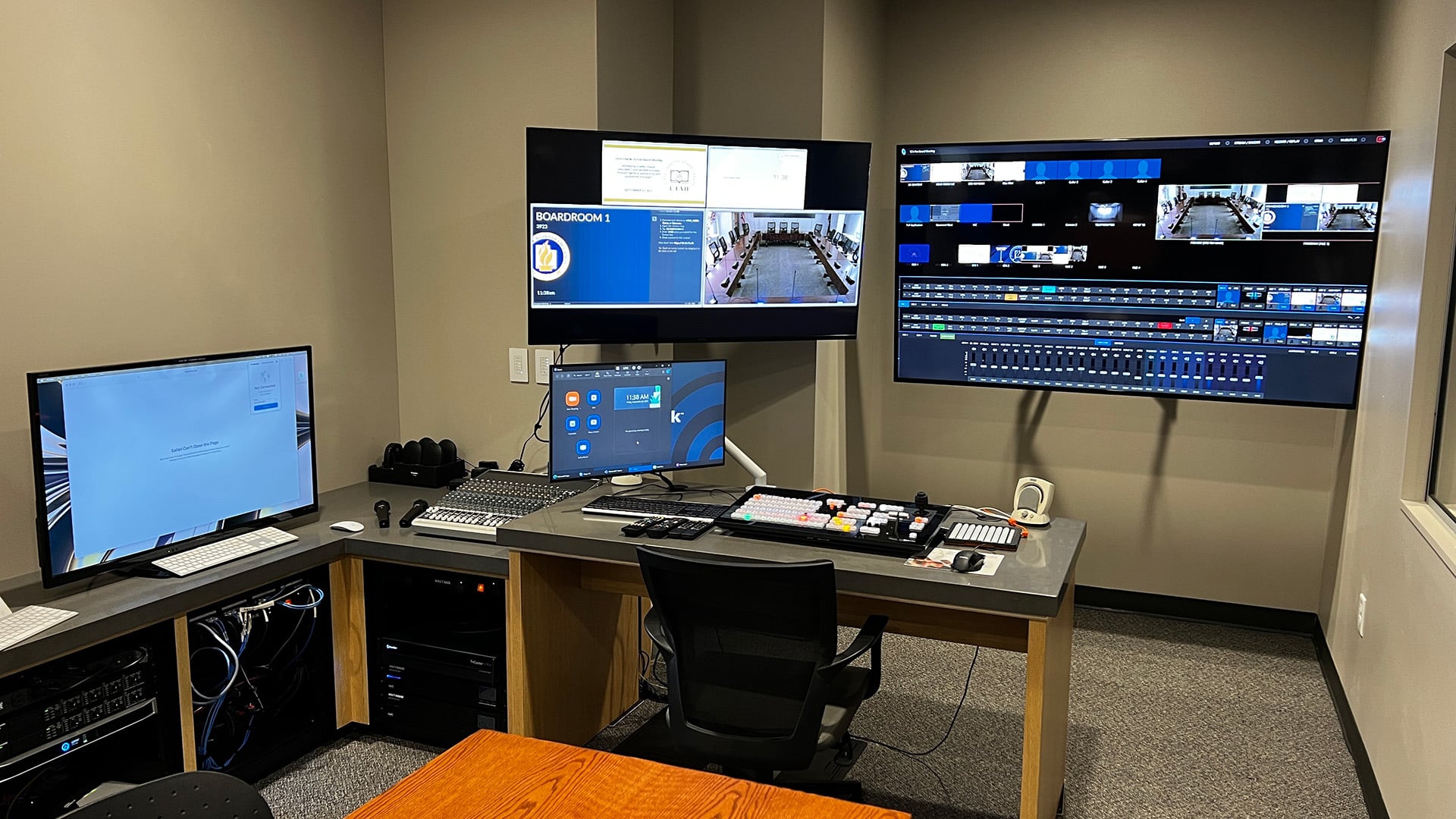
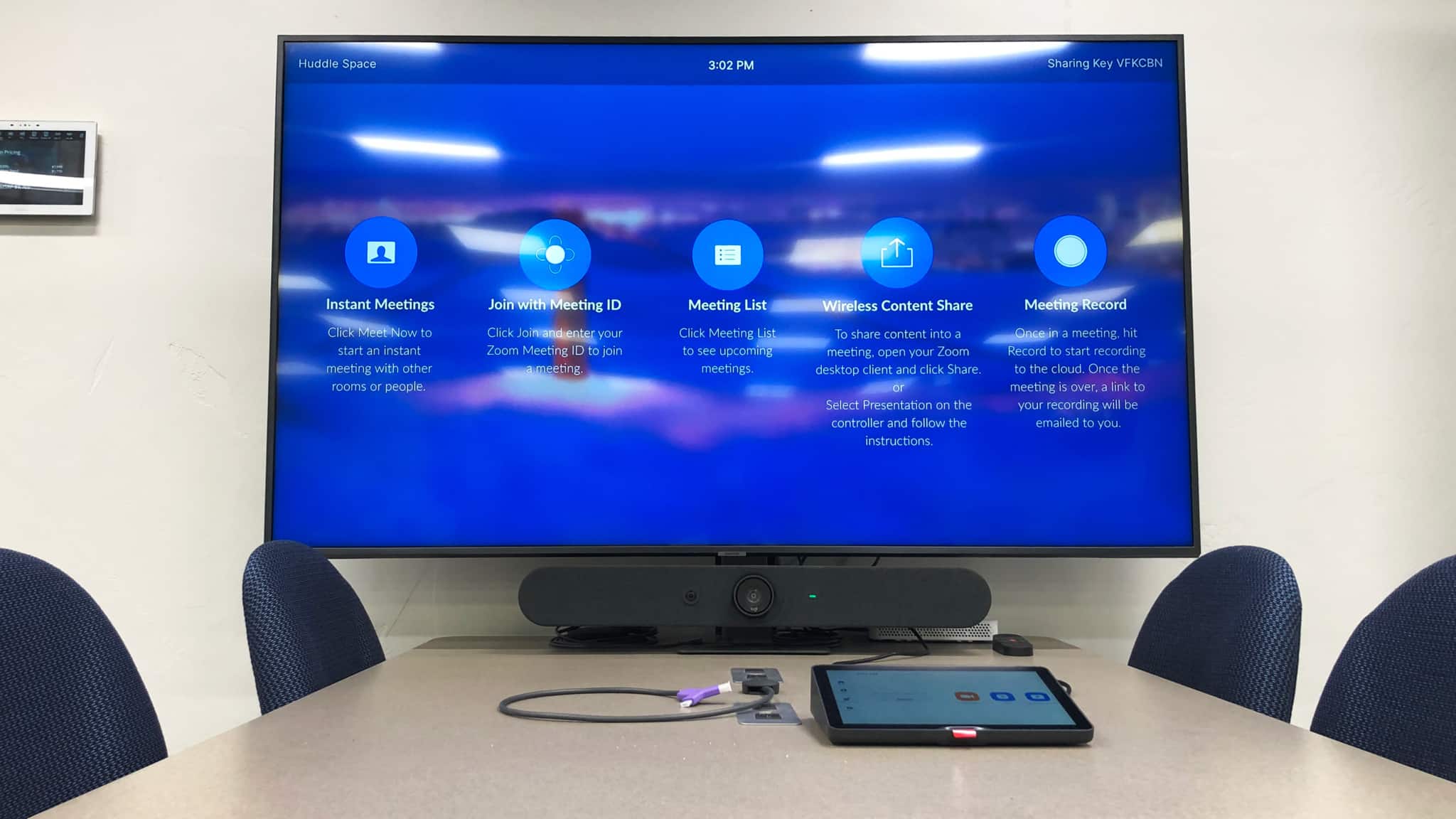
0 Comments